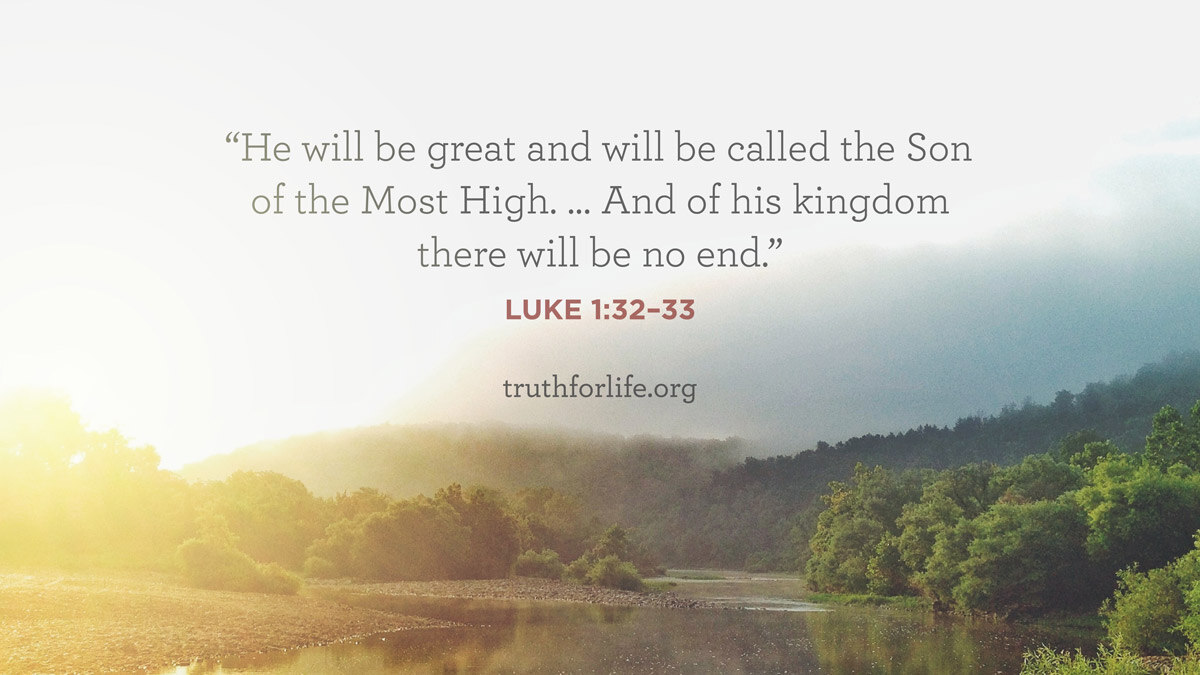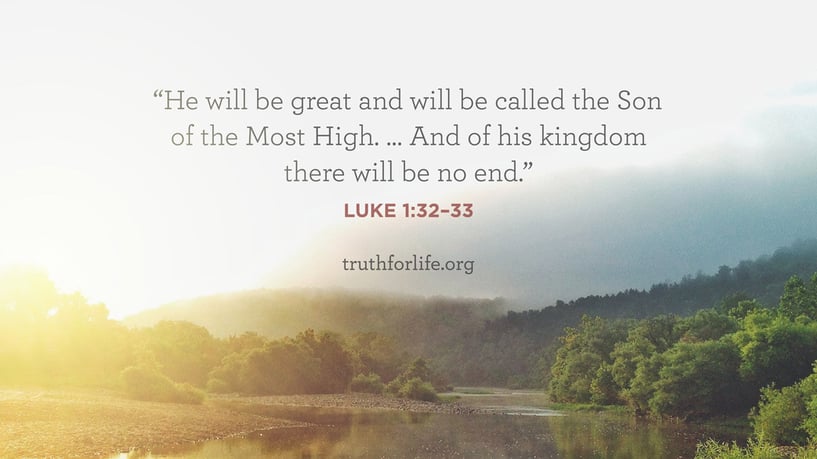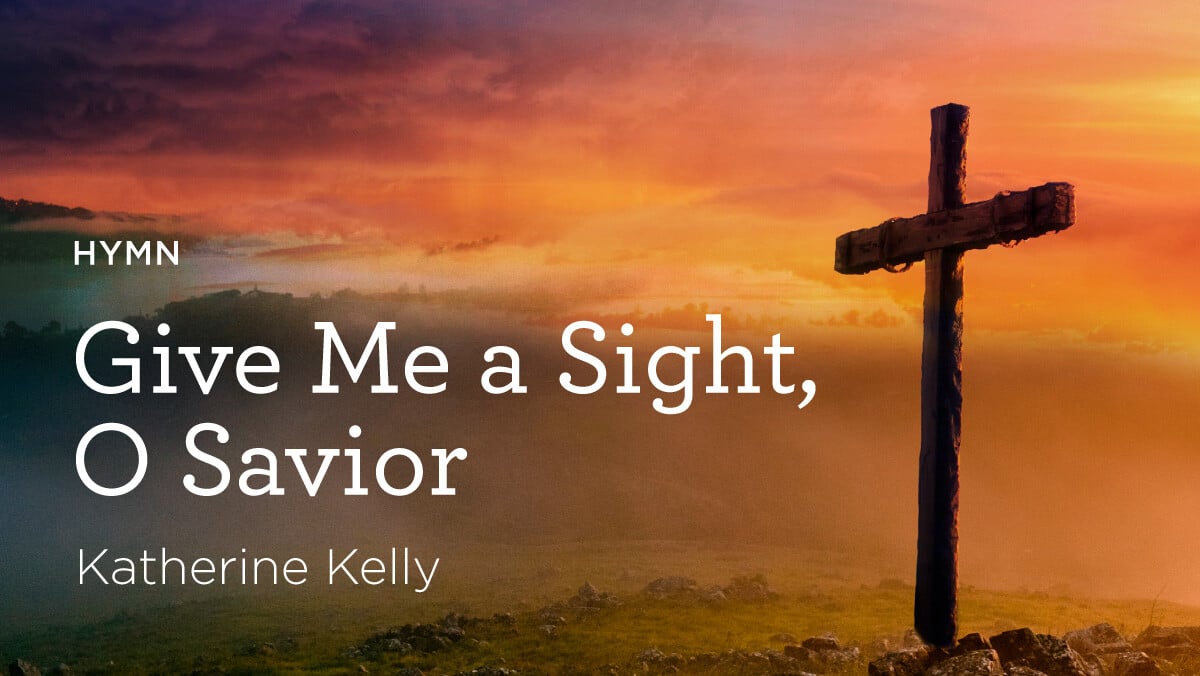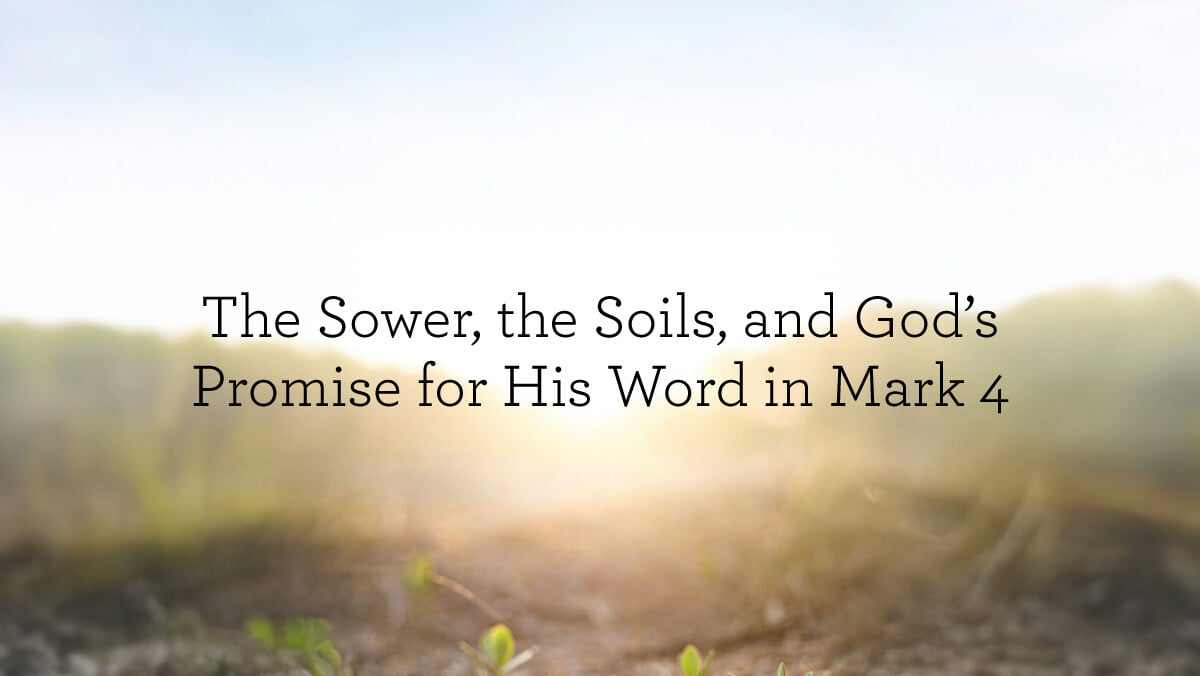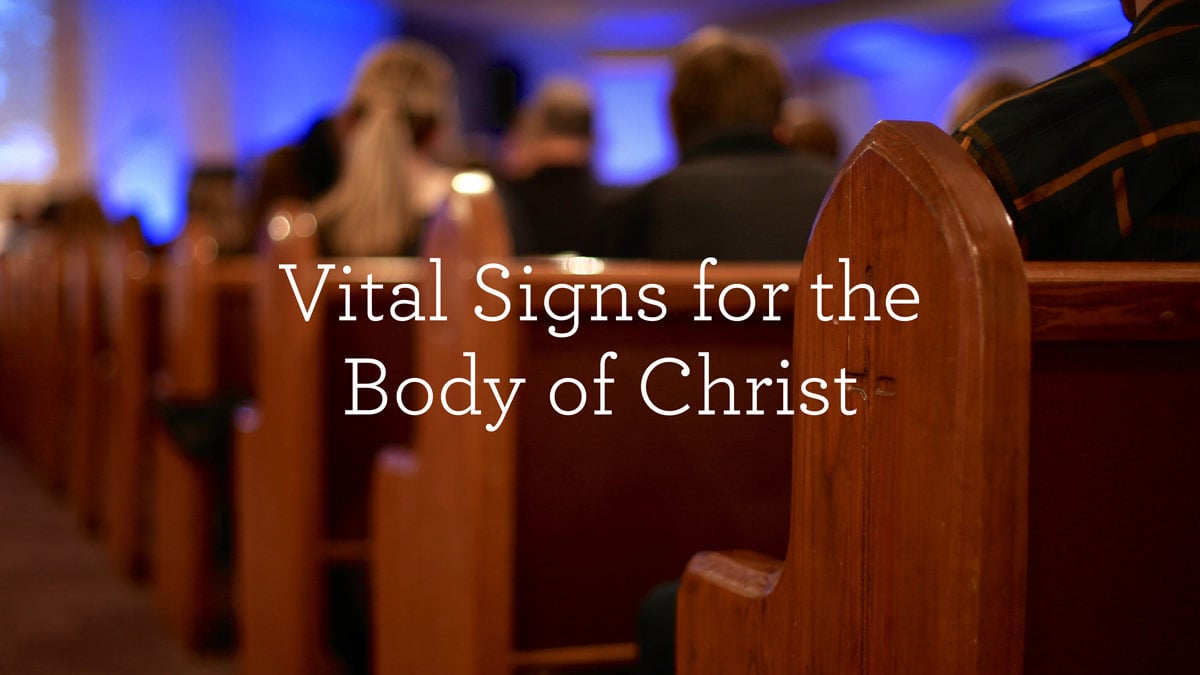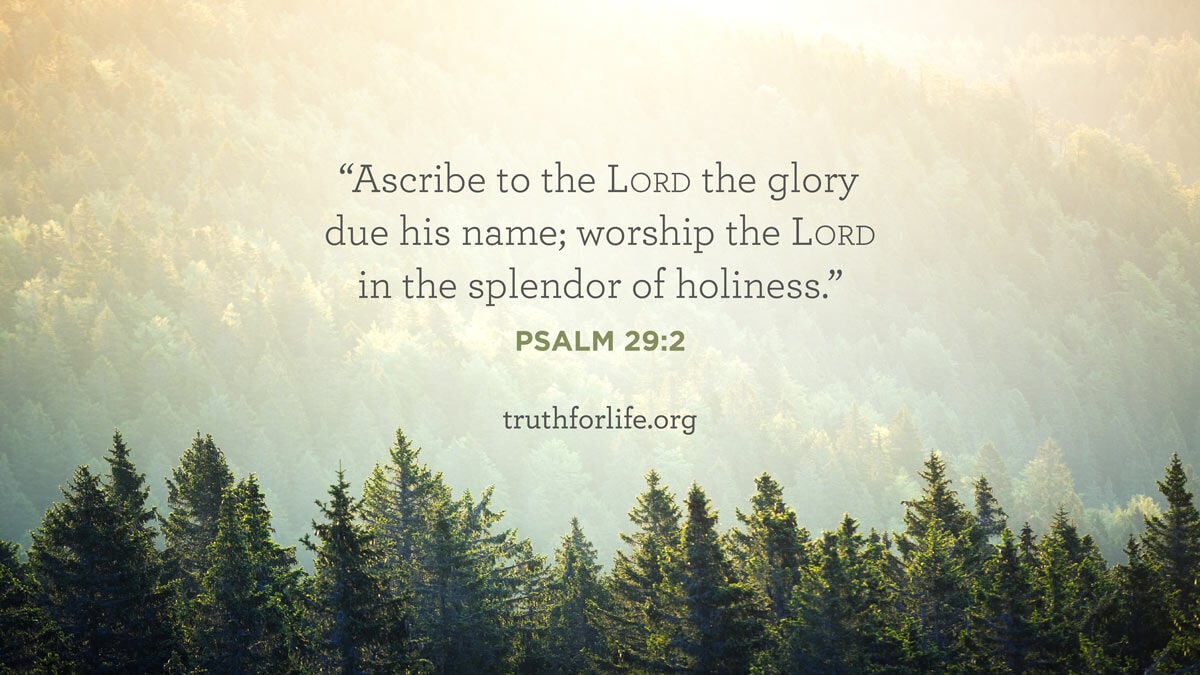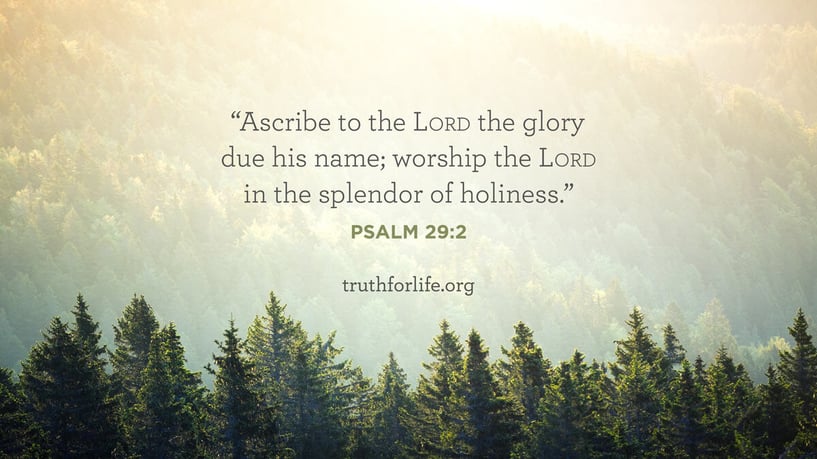Prayer is essential to the Christian life. Some of us take a more systematic approach, writing down requests and scheduling time for focused communion with the Lord. Others of us are more spontaneous, bringing our requests to God as they come to mind and throughout the day.
No matter our approach, we would do well to add a vital but often neglected prompt to our routines: praying for our pastors. There might be specific needs our pastors have for which we can pray. But even if we don’t know the particulars, we can pray generally for them, using Paul’s final charge to Timothy as a guide: “As for you, always be sober-minded, endure suffering, do the work of an evangelist, fulfill your ministry” (2 Tim. 4:5).
This brief exhortation outlines four ways you can pray for your pastors.
1) Pray He Would Be Sober-Minded
Paul instructs Timothy to “always be sober-minded” in his ministry—or, as the NIV has it, “Keep your head in all situations.” Pastors need their people to pray that they would remain grounded no matter the task at hand.
Pastors always face two great challenges. On the one hand is the danger of becoming puffed up with pride because of undue praise; on the other is that of becoming discouraged because of unhelpful criticism. An anonymously written piece about “the perfect pastor” gives a sense of just how hard daily ministry can be for ministers:
Results of a computerized survey indicate that the perfect pastor preaches exactly fifteen minutes. He condemns sin but never embarrasses anyone. He works from 8:00 a.m. until midnight and is also the janitor. He makes sixty dollars a week, wears good clothes, drives a new car, and gives fifty dollars a week to the poor. He is twenty-eight years old, has been preaching for twenty-five years, is wonderfully gentle and handsome, loves to work with teenagers, and spends countless hours with senior citizens. He makes fifteen calls daily on parish families, shut-ins, and hospital patients and is always in his office when needed.
If your pastor does not measure up, simply send this letter to six other parishes that are tired of their pastors too. Then bundle up your pastor and send him to the church at the top of the list. In one week, you will receive 1,643 pastors, and one of them should be perfect.
While this bit of writing is meant to be humorous, its description isn’t too far removed from the reality of unrealistic, inconsistent expectations people often have for pastors. Only one man can meet every congregant’s expectations—and it isn’t the pastor. It’s Jesus.
We must pray for our pastors to keep their heads in all situations.
2) Pray He Would Endure Suffering
Next, Paul addresses the issue of suffering in ministry. No doubt, pastors in the first century faced serious hardship, from threats of Roman persecution outside the church to dangerous false teaching within. No matter the specific trial, it’s crucial that pastors in every generation neither court suffering nor complain about it but that they learn to endure it.
Pastors always face two great challenges: pride because of undue praise and discouragement because of unhelpful criticism.
Consider the work of preaching, for example. We may not think of sermon preparation and delivery as suffering per se, but there is a degree of hardship associated with the task. Paul has already established the seriousness of preaching in 2 Tim. 4:1–2: “I charge you in the presence of God and of Christ Jesus, who is to judge the living and the dead, and by his appearing and his kingdom: preach the word; be ready in season and out of season; reprove, rebuke, and exhort, with complete patience and teaching.”
What a task! Even if we’re unaware of the particular conflicts our pastors face week to week, the ordinary demands of ministry are taxing. We should therefore pray that they keep on.
3) Pray He Would Do the Work of an Evangelist
Paul continues, urging Timothy to engage in the task of evangelism, or sharing the good news of Jesus. This work is perhaps among the most neglected of all in pastoral circles. Tied up in the demands of pastoral care and preaching, many pastors push evangelism to the side.
Uniquely, ministers must do the work of evangelism within the context of pastoring. They aren’t in the marketplace working secular jobs, so to speak. But rather than excuse him, Paul doubles down, saying to Timothy, “No matter your pastoral privileges and duties, see to it that you are also engaging the lost with the Gospel.”
We should pray for God to burden our pastors for the lost—that our leaders would be pastoral evangelists, committed with Paul to winning as many men and women as possible to Christ (1 Cor. 9:19).
4) Pray He Would Fulfill His Ministry
Finally, Timothy is to fulfill his ministry. The phrase essentially means, “Don’t quit, but see it through to the end.” Paul envisions a long-term ministry for Timothy and for pastors after him. He wants for Timothy to be able to say at the end of his life what he said at the end of his own: “I have fought the good fight, I have finished the race, I have kept the faith” (2 Tim. 4:7).
Our pastors won’t necessarily be able to reflect on their ministries and say, “I’ve been brilliant,” or “I’ve been tremendously successful.” But that isn’t what we are to pray for them. Brilliance and success aren’t the goal. A faithful walk with Christ till the end is. We should pray that our pastors remain committed to Christ and His Word, discharging all the duties of their task.
We should pray for our pastors to be evangelists, winning men and women to Christ.
Using 2 Timothy 4:5 as a starting point, would you commit to diligently, systematically, and faithfully pray for your pastor? You don’t need to know all the details of his life. Rather, irrespective of his circumstances, pray for him to be sober-minded, endure suffering, evangelize the lost, and fulfill his ministry.
This article was adapted from the sermon “A Prayer for Pastors” by Alistair Begg.







